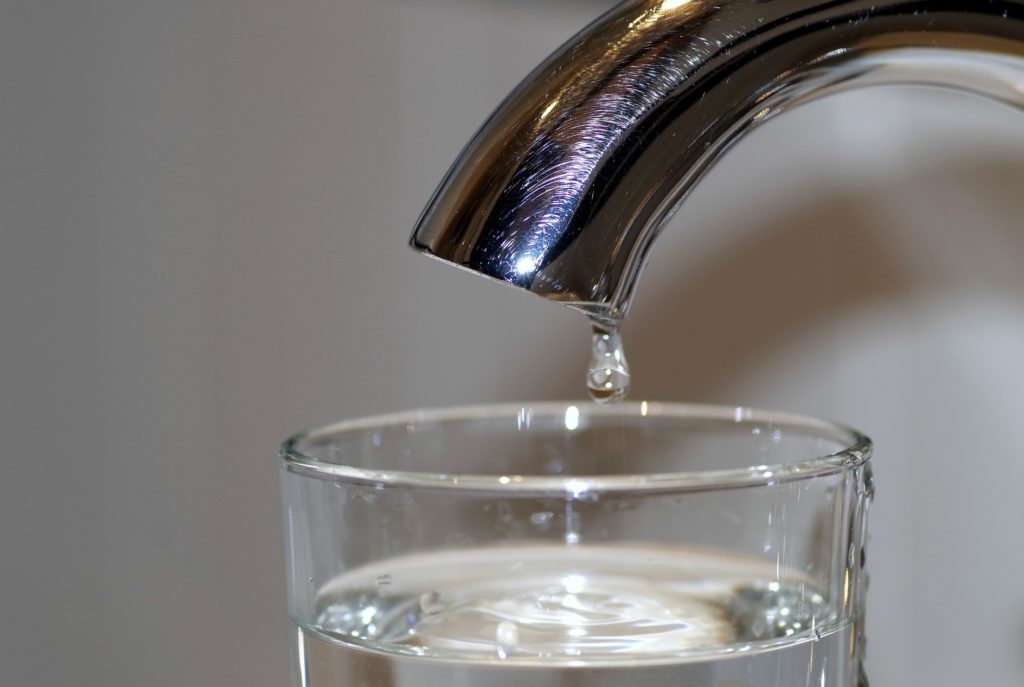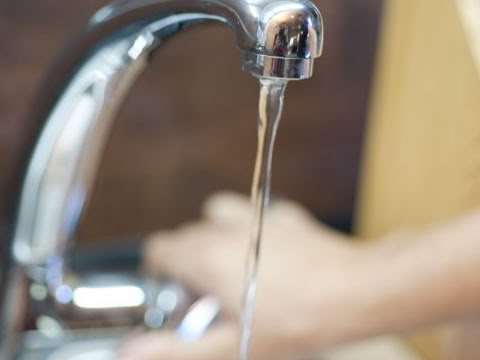Methods to Resolve Low Water Pressure in Your Home
Methods to Resolve Low Water Pressure in Your Home
Blog Article
What are your opinions on 10 Reasons for Low Water Pressure in Your House?

Low water pressure in your house can be an aggravating problem, impacting whatever from bathing to washing meals. If you're experiencing weak water circulation, there are several possible reasons and services to discover. In this overview, we'll discuss common factors for low tide stress and sensible actions to deal with the concern effectively.
Intro to Low Tide Pressure
Low water stress happens when the circulation of water from your taps, showers, and other fixtures is weaker than usual. This can make daily tasks much more challenging and less effective. Comprehending the reasons for low water stress is vital to discovering the best solution.
Typical Root Causes Of Low Tide Pressure
Faulty Stress Regulators
Pressure regulatory authorities are in charge of maintaining constant water stress in your house. If they malfunction, it can result in low water stress or irregular circulation throughout your house.
Local Supply Of Water Issues
Sometimes, the issue exists outside your home. Metropolitan water problems, such as main line leakages or upkeep job, can temporarily decrease water stress in your area.
Pipe Obstructions
Over time, pipelines can come to be clogged with natural resource, sediment, or debris, restricting the flow of water. This is a typical problem in older homes with galvanized steel pipelines.
Corrosion
Corrosion within pipes can result in leaks and decreased water stress. Rust build-up can constrict water circulation, particularly in aging plumbing systems.
Just How to Identify Low Tide Stress
Evaluating Pipelines
Inspect visible pipelines for indicators of leakages, corrosion, or blockages. Take note of any unusual sounds, such as banging or rattling pipelines, which could suggest concerns within the plumbing system.
Consulting with a Plumber
If you're unable to identify the root cause of low tide stress, consider hiring an expert plumber to perform a detailed evaluation. They can identify underlying concerns and suggest suitable options.
Checking Taps and Fixtures
Begin by checking the water pressure at different faucets and components throughout your home. If the issue is separated to particular locations, it may indicate local issues.
Do It Yourself Solutions to Deal With Low Water Stress
Flushing Water Heater
Debris build-up in the water heater can limit circulation and minimize efficiency. Flushing the storage tank regularly assists eliminate debris and maintain optimal performance.
Inspecting Pressure Regulatory Authority
Make sure that the stress regulator is functioning correctly. Changing or changing the regulatory authority can aid recover proper water pressure throughout your home.
Cleaning Aerators and Showerheads
Mineral deposits can accumulate in aerators and showerheads, minimizing water flow. Remove and clean these parts consistently to improve water pressure.
Clearing Up Clogs in Piping
For minor obstructions, try making use of a plumbing snake or chemical drainpipe cleaner to clear obstructions in pipes. Beware when using chemicals and follow safety and security guidelines.
When to Call an Expert Plumber
If do it yourself efforts fail to deal with the problem or if you believe considerable plumbing issues, it's ideal to look for aid from a licensed plumber. They have the knowledge and devices to deal with intricate issues securely and efficiently.
Preventive Measures to Maintain Water Stress
Setting Up a Pressure Booster
Consider installing a pressure booster pump to enhance water stress in areas with continually low circulation. This can be particularly advantageous for multi-story homes or homes with high-demand components.
Monitoring Water Usage
Bear in mind water use practices and prevent overtaxing the plumbing system. Basic adjustments, such as incredible showers and washing tons, can aid keep adequate water stress.
Routine Maintenance
Set up routine upkeep for your plumbing system to avoid problems such as corrosion, leakages, and blockages. Dealing with small issues early can assist avoid even more substantial repairs later.
Verdict
Managing low water stress can be discouraging, but recognizing the underlying causes and applying ideal options can recover optimal circulation throughout your home. Whether it's cleaning aerators, checking pipelines, or talking to a plumber, taking aggressive actions can guarantee a consistent supply of water for your everyday requirements.
FOUR WAYS TO FIX LOW WATER PRESSURE NOW
Turning on a shower or faucet only to find the water comes out in a sad, slow drizzle is never a good feeling. How exactly are you supposed to wash a pan or take a quick shower when it takes 10 minutes just to rinse off a little soap? The good news is that when your water pressure is bad, there's always a cause: typically one that can be easily fixed. Here are some of the most common causes of low pressure and what you can do to fix the issue:
DEBRIS AND MINERAL DEPOSIT BUILDUPS
If you notice low water pressure from just one or two of the fixtures in your house, the problem likely has to do with debris buildup. Water is full of minerals and other debris, all of which can accumulate in your pipes and on your fixtures. This can cause a blockage that affects how much water flows through. To fix this, try filling a small plastic bag with white vinegar, and use a rubber band to hang it around your showerhead or faucet. Let the head of the fixture soak for a few hours, and the vinegar should loosen the deposits.
WATER LEAKS
Leaks are another common cause of low water pressure. If water is flowing out of your plumbing through a hole or crack before it can reach your fixture, the pressure coming out of the faucet or showerhead will be lower. A plumbing professional is your best bet for finding and repairing a leak in your water supply pipes.
Leaks are another common cause of low water pressure. If water is flowing out of your plumbing through a hole or crack before it can reach your fixture, the pressure coming out of the faucet or showerhead will be lower. A plumbing professional is your best bet for finding and repairing a leak in your water supply pipes.
A VALVE ISSUE
If you have low water pressure throughout your home, check your main shut-off valve to make sure it's completely open. You may also want to see if there's a pressure-reducing valve installed. If there is, have a plumber help you adjust the settings to get the pressure you're looking for.
OTHERS USING WATER
Believe it or not, your low water pressure could be caused by your neighbors. If you notice low pressure at certain times of day, it may be because you and the people living next to you have similar schedules - when everyone is showering at the same time, the pressure will be lower in every home. Low pressure throughout the neighborhood may also be caused by an issue with your municipal water supply. If that's the case, call the supplier to see if they're working on the issue.
https://www.rotorooter.com/blog/water-leaking/low-water-pressure-fixes/

I'm certainly very occupied with 9 Reasons for Low Water Pressure in Your House and I'm hoping you enjoyed reading the entire page. Enjoyed our piece of writing? Please share it. Help another person locate it. We recognize the value of your readership.
Click Here Report this page